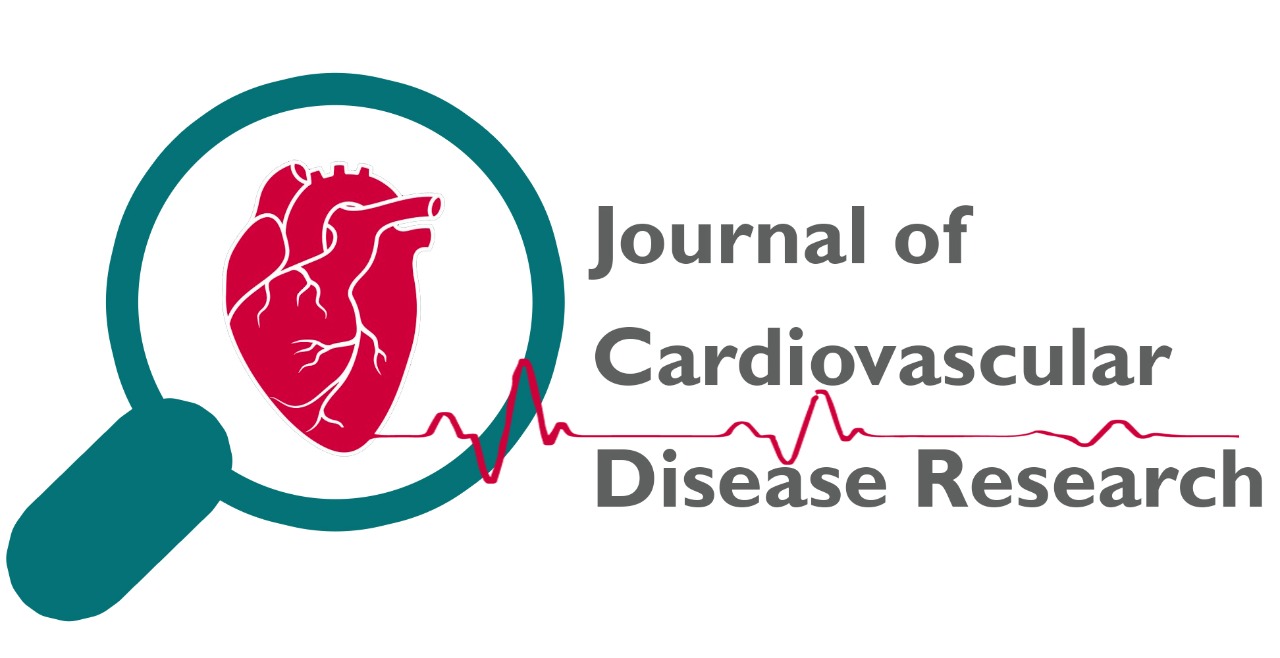
Stress and Its Impact on Mental and Physical Health in Saudi Arabia (Analytical Study of the Opinions of nursing care working in a Saudi hospital in the Eastern Province)
Saeed Mohammed Albohayri, Roqaiah Ali Almarhoun, Abdulmohsen Ahmed Alsubaeaa, Nora Abd Rub Alameer Shaaban, Fatimah Ali Alawami, Atheer Adel Alshehab, Basma Ali Alobaidi, Zahra Ali AL Obaid, Fatimah Reda AlNasser, Insherah Abdullah Abudheeb
JCDR. 2023: 224-241
Abstract
Stress is an inevitable part of life that individuals face. Stress occurs when stressful events, whether personal, environmental, or social, affect an individual's ability to cope and threaten the breakdown of their psychological and physical systems. Stress can create difficulties and obstacles that may exceed an individual's ability to tolerate and deal with them, causing them stress and having negative effects on their psychological and physical health. The current study aimed to identify the negative effects of psychological stress on the psychological and physical health of individuals through the literature that has addressed this topic. The results of the study showed that among the negative effects of stress on psychological health are the deterioration of individuals' self-concept, feelings of frustration, poor adjustment, and the appearance of symptoms of various psychological disorders. The negative effects of stress on the physical health of individuals are represented by the weakening of the immune system and the occurrence of various infections, as well as the occurrence of high blood pressure, heart and vascular diseases, diabetes, digestive system diseases, and skin diseases. Objectives: The primary objective of this study was to assess the coping strategies employed by nurses working in psychiatric wards at a Saudi hospital in the eastern province. Additionally, the study aimed to explore potential relationships between the levels of coping and various demographic characteristics among these nurses. Methods: A descriptive study was conducted over a period spanning from September 14th to December 18th, 2022. The study sample consisted of 90 nurses who were purposefully selected from psychiatric wards at a Saudi hospital in the eastern province. To achieve the study's objectives, the researchers utilized the Brief COPE inventory, a modified version developed by Carver (1997), which comprises 28 items categorized into 14 domains. Conclusion: The study's findings revealed a noteworthy relationship between active coping strategies, reduced job stress, and increased support, which was associated with decreased job stress among nurses. In essence, the data indicates that enhancing active coping can lead to a decrease in job-related stress among nurses. Recommendations: Considering the study's findings, it is recommended that nurses working in psychiatric wards should undergo specialized training sessions aimed at improving their coping skills and stress management. Moreover, there should be clear professional guidelines and criteria governing the relationships between nurses and other healthcare team members in these specific work settings. These measures can contribute to a more supportive and harmonious work environment for nurses in psychiatric wards.
Description
Volume & Issue
Volume 14 Issue 10
Keywords
|
This is an open access journal which means that all content is freely available without charge to the user or his/her institution. Users are allowed to read, download, copy, distribute, print, search, or link to the full texts of the articles in this journal without asking prior permission from the publisher or the author. This is in accordance with the Budapest Open Access Initiative (BOAI) definition of open access.
The articles in Journal of Cardiovascular Disease Research are open access articles licensed under the terms of the Creative Commons Attribution Non-Commercial License (http://creativecommons.org/licenses/by-nc-sa/3.0/) which permits unrestricted, non-commercial use, distribution and reproduction in any medium, provided the work is properly cited. |
|
|
|
|
|
Copyright � 2022 Journal of Cardiovascular Disease Research All Rights Reserved. Subject to change without notice from or liability to Journal of Cardiovascular Disease Research.
For best results, please use Internet Explorer or Google Chrome POLICIES & JOURNAL LINKS
Author Login
Reviewer Login About Publisher Advertising Policy Author's Rights and Obligations Conflict of Interest Policy Copyright Information Digital Archiving & Preservation Policies Editorial Policies Peer Review Policy Editorial & Peer Review Process License Information Plagiarism Policy Privacy Policy Protection of Research Participants (Statement On Human And Animal Rights) Publication Ethics and Publication Malpractice Statement Corrections, Retractions & Expressions of Concern Self-Archiving Policies Statement of Informed Consent Terms of Use |
Contact InformationJournal of cardiovascular Disease Research,
|




